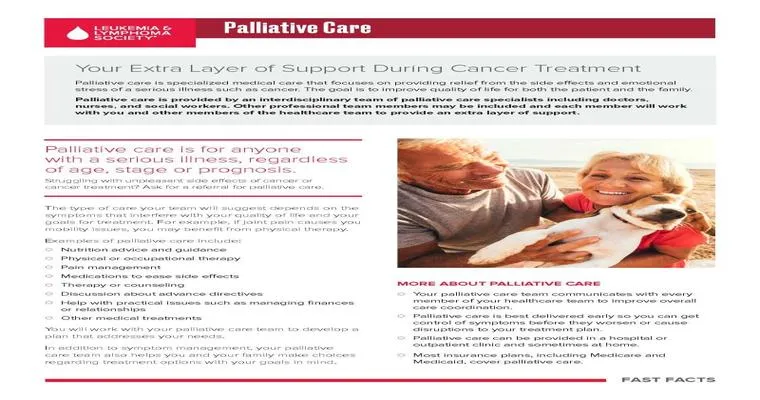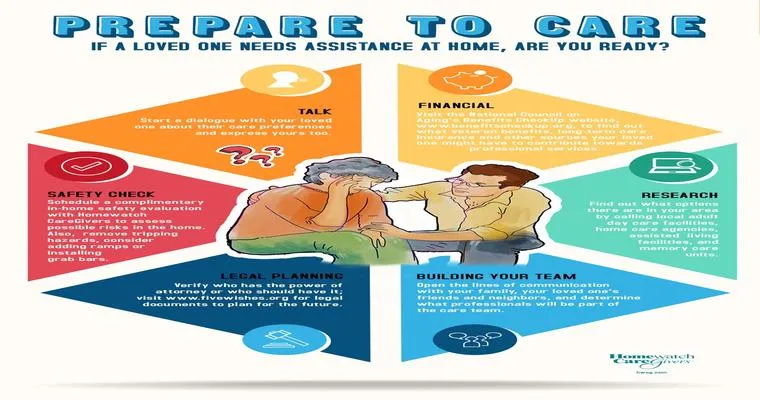Palliative care is an essential approach that provides "relief from pain", "symptoms", and "stress" of serious illnesses. This type of care is designed to improve the quality of life for both patients and their families. It is important to understand that palliative care is not limited to end-of-life situations; rather, it can be integrated at any stage of a serious illness, alongside curative treatments. In this article, we will explore the various aspects of palliative care, including its benefits, services offered, and how to access this vital support.
Palliative care focuses on the "holistic treatment" of patients, addressing not only physical discomfort but also emotional, spiritual, and social needs. A multidisciplinary team, which may include doctors, nurses, social workers, and chaplains, works collaboratively to create a personalized care plan. This team approach ensures that all aspects of a patient's well-being are considered, making it a comprehensive solution for those facing serious health challenges.
One of the significant benefits of palliative care is its ability to alleviate "pain management". Patients suffering from chronic conditions often experience debilitating pain, which can hinder their ability to enjoy life. Palliative care specialists utilize a variety of techniques and medications to help manage this discomfort effectively. By doing so, patients can engage more fully in their daily activities and maintain a better quality of life.
In addition to pain relief, palliative care also addresses other troubling symptoms such as nausea, fatigue, and difficulty breathing. The goal is to provide a supportive environment where patients feel comfortable discussing their symptoms openly. This open communication allows healthcare providers to tailor treatments that enhance comfort and well-being.
Another critical aspect of palliative care is the support it offers to families. Caring for someone with a serious illness can be emotionally and physically exhausting. Palliative care teams provide "counseling and respite services" to help family members cope with their own stress and emotional burdens. This support can be invaluable, allowing caregivers to recharge and sustain their ability to care for their loved ones.
Accessing palliative care services is often easier than one might think. Many hospitals and healthcare facilities have dedicated palliative care teams. Additionally, palliative care can be provided in various settings, including patients' homes, outpatient clinics, and long-term care facilities. It is essential to communicate with your healthcare provider about your needs and ask for a referral to a palliative care specialist.
For those seeking more information on palliative care, numerous resources are available. Organizations such as the Hospice and Palliative Nurses Association and the National Hospice and Palliative Care Organization offer valuable insights and support for patients and families. Additionally, many healthcare providers have educational materials that explain what to expect from palliative care services.
In conclusion, palliative care is a compassionate and comprehensive approach to managing serious illnesses. By focusing on "pain relief", symptom management, and emotional support, palliative care enhances the quality of life for patients and their families. If you or a loved one is facing a serious illness, consider reaching out for palliative care help and information. Understanding your options can lead to a more comfortable and fulfilling journey through challenging times.





